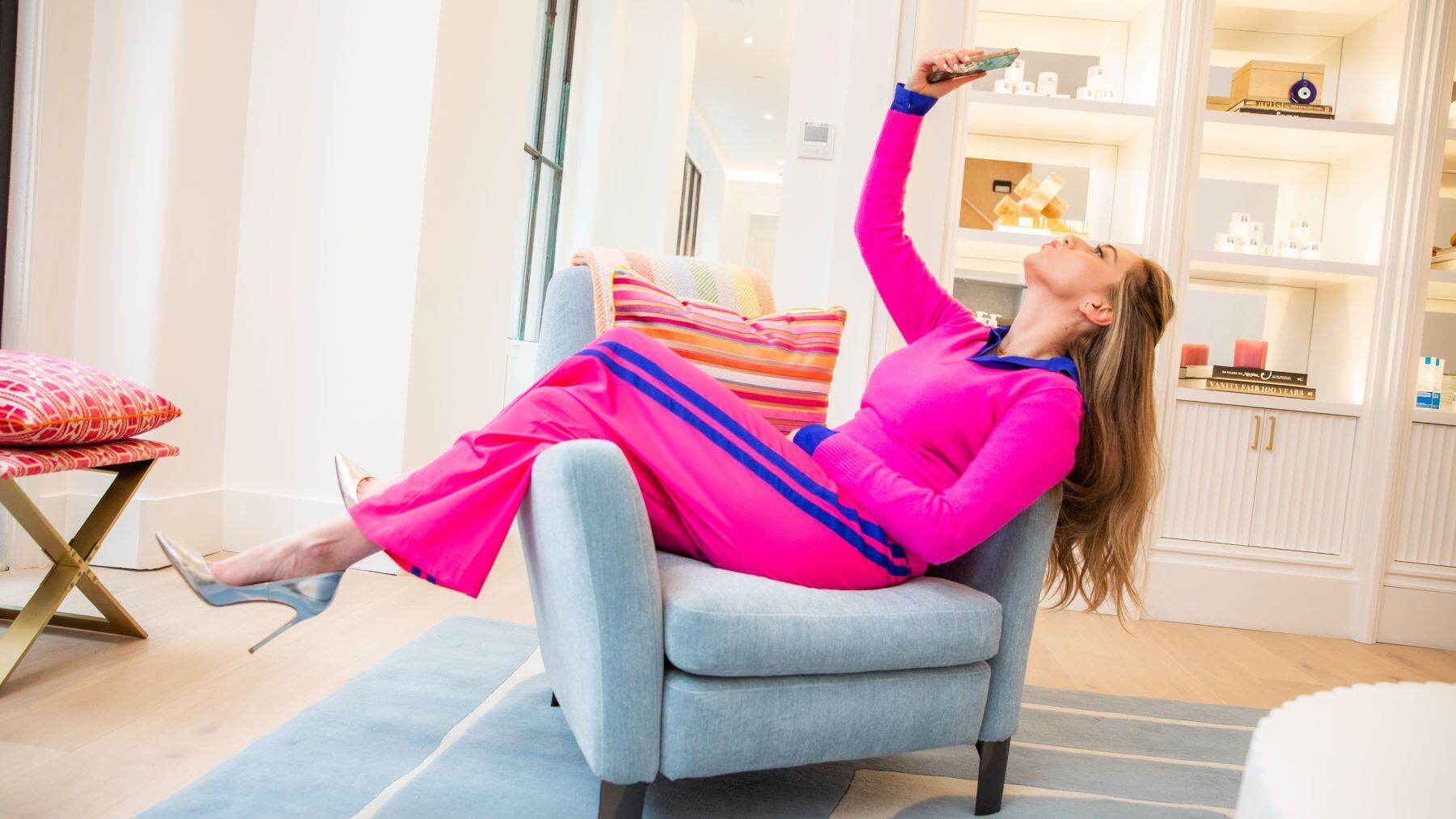The Next Generation of Dermatologist Skin Care Brands
In recent years, Dr. Shereene Idriss, a New York City-based dermatologist has become better known for her online persona than her in-office one. On Instagram, Idriss regularly doles out skin care advice — and her tips have won her over 440,000 followers.
Now, those followers will have a chance to get their hands on something more tangible than an Instagram tutorial: Idriss’ new skin care label, PillowtalkDerm, which launches with three products — a cream, a micro-peel mask and a serum, priced between $48 and $68.
Idriss is part of a new wave of dermatologists that’s risen to fame on social media in recent years, winning thousands of followers over the course of the pandemic, when people splurged on skin care and flocked to TikTok for advice on mask-ne and more. Doctors became overnight influencers — and have become experts at parlaying their followings into the opportunity to sell their own products.
The past few months saw the launch of Jori Skincare, created by husband-and-wife duo Cori Zeichner and New York City dermatologist Joshua Zeichner, and Dr. Whitney Bowe Beauty. Idriss’s brand, which is sold direct-to-consumer, debuts this week.
They’re the latest iteration of the dermatologist-to-founder pipeline, which began well before the social media era: Dr. Dennis Gross launched his label in 2000, Dr. Howard Murad debuted his all the way back in 1989 and Dr. Antony Nakhla, whose Eighth Day skin care line was introduced in 2009.
In such a crowded market, simply being an online-famous dermatologist isn’t enough to guarantee success, particularly to a consumer base that puts as much stock in ingredients and formulas as the name on the bottle. Instead, this generation of dermatologist founders are creating products that fit a specific niche that relates to their area of expertise, using unique ingredients and, of course, promoting their lines by speaking directly to consumers on social media.
Changing Stakes
For decades, there have been “celebrity dermatologists,” but that primarily referred to doctors who cater to the skin concerns of famous clientele. That can still be enough to launch a brand: Dr. Rosemarie Ingleton, dermatologist to the likes of Iman and Chrissy Teigen, started her line, Rose Ingleton MD in 2019.
Now, being a celebrity dermatologist is more about having a legion of loyal social media followers and a reputation for advice-filled posts rather than an influential patient list. It’s having this sort of following that makes it possible to launch a product label.
“It’s something that I started on a whim, not knowing quite frankly what I was doing,” said Idriss. “I’ve been able to reach people beyond the walls of my practice. I’ve formed relationships, in a very weird way. They’re like, ‘Thank you so much for helping me,’ even though I’ve never actually spoken to them.”
Building a social media presence has other benefits: It can become an additional revenue stream and also serve as a marketing channel for a dermatologist’s practice. But, of course, running or working at a medical practice is a full-time job in itself.
“It’s a tremendous time investment to have social media, I’m the person who’s responding to every comment and question on my Instagram and Tiktok,” said Dr. Whitney Bowe, founder of Whitney Bowe Beauty.
The benefits to her brand, however, are worth the extra time. “I learn a lot from my community and they have given back to me tremendously in terms of spreading the word that the brand is out there,” she added.
The New Guard
This crop of new brands has to contend with a much-changed beauty landscape. There are more skin care brands out there today, and simply having a dermatologist founder alone isn’t enough to serve as a point of differentiation.
That’s particularly true considering that many brands have embraced a more scientific approach to skin care and have been increasingly transparent around ingredients in their products. There’s also a greater number of what’s called “clinical brands,” which refers to brands founded not only by a dermatologist but other professionals in the space, such as aestheticians.
“Clinical brands have just kept growing, and that’s a combination of consumers buying brands that exist, but also new brands coming into the market,” said Larissa Jensen, beauty industry adviser at market research firm NPD. “Oversaturation and how you differentiate yourself is one of the biggest challenges for those kinds of brands right now.”
In turn, today’s dermatologist-founded brands are more attuned to trends than their counterparts from decades past. Bowe’s, for example, is centred around the idea of skin cycling, which refers to the process of switching products night-to-night to maximise results, such as using a retinol every other day, or an exfoliant once a week. Dr. Ingleton’s brand highlights its use of fruit extracts in its product formulas.
“We’re tapping into some of the ingredients that are more trending, things that we’ve realised are beneficial to treating these skin conditions that were being addressed by the previous dermatologists’ [brands], but it’s just a little bit more current,” said Ingleton.
Particularly for brands that were borne out of a dermatologist’s active social media presence, such an approach is necessary.
“With experts who are incredibly active and vocal on social media, we are educating people and people are sponges, they’re soaking up the information more than ever,” said Bowe. “In the past, everyone would hide behind their proprietary formulas. Now it’s all about transparency and sharing information.”
This new generation of dermatologist-founded brands are still emerging. Those who found internet fame during the pandemic pursue the opportunities that became available to them in doing so.
Idriss, though, says she’s already seen changes in the culture.
“The new guard is much more accessible, willing to help one another and work together as a team,” said Idriss. “My hope will be that when it comes to brands, they will approach it differently as well.”

